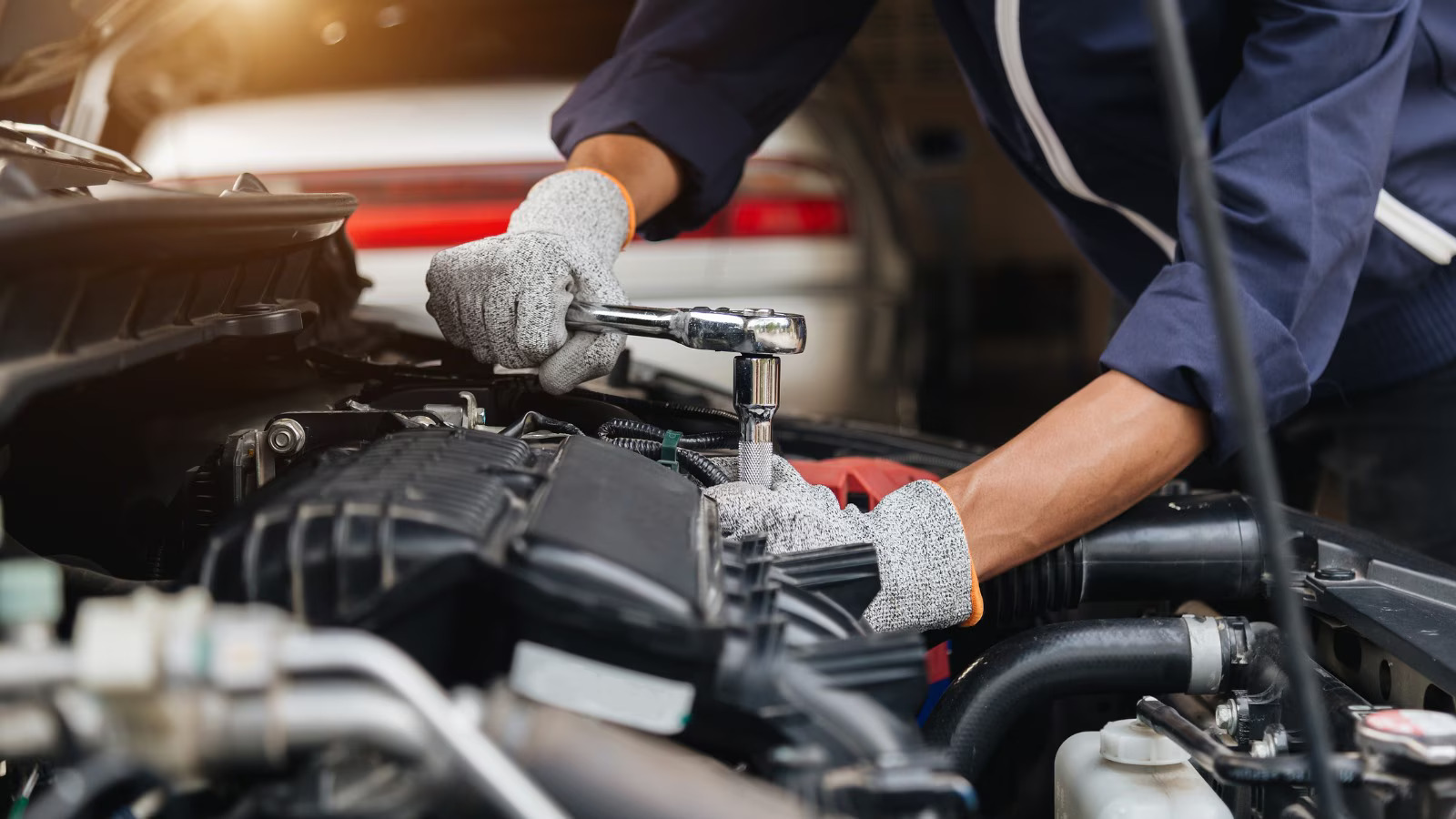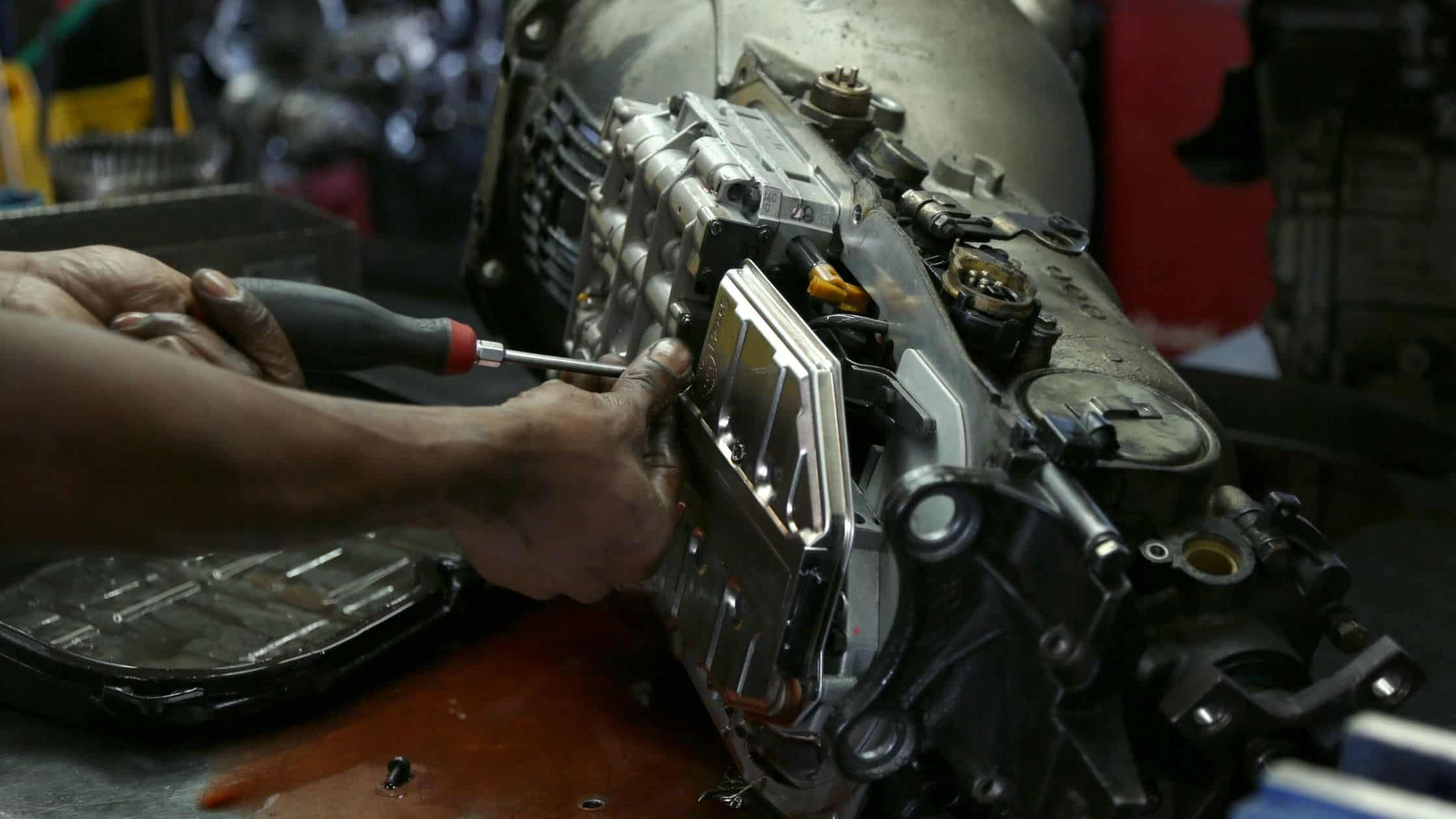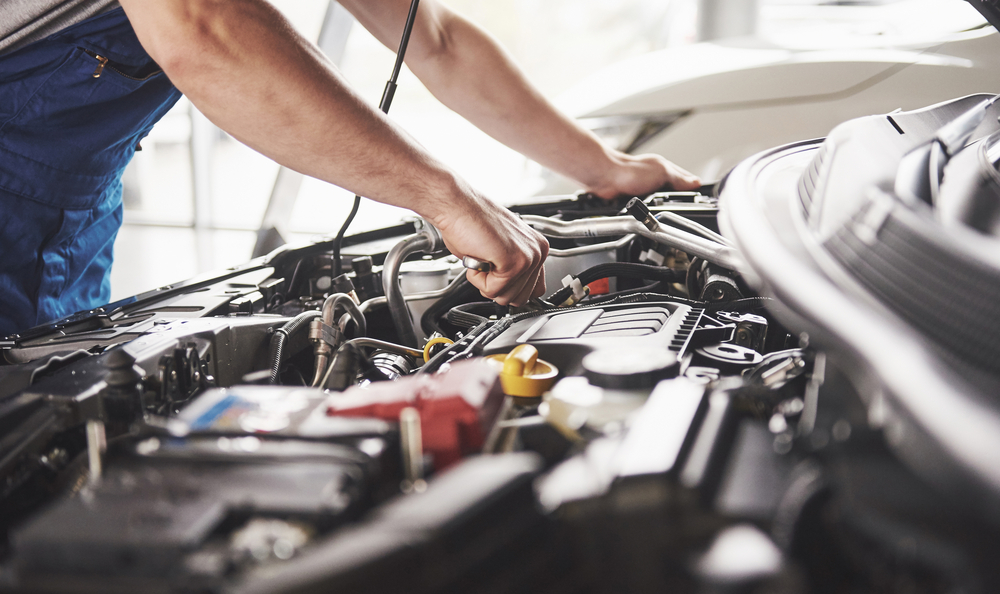Maintaining your vehicle’s transmission is crucial to ensure its longevity and proper functionality. Transmission repairs can be costly and sometimes unavoidable, especially in the case of a complete breakdown. However, with the right preventive measures, you can extend the life of your automatic transmission and avoid expensive repairs. Below are ten essential transmission maintenance tips to help you take better care of your vehicle.
Routine Fluid Checks: A Must-Do Task
One of the easiest and most effective ways to maintain your vehicle’s transmission is by checking the transmission fluid regularly. Most cars, light trucks, and SUVs make this task easy, just like checking oil. With the engine idling, remove the dipstick, wipe it off, insert it back in, and then pull it out again for an accurate reading. If the fluid level is low, there may be a leak that needs attention. The fluid should be bright red, clear, and sweet-smelling. If it’s dark or has an unpleasant odor, it’s time to see a specialist.
Selecting the Right Transmission Fluid
It’s important to use the correct type of transmission fluid to keep your vehicle running smoothly. Always refer to your vehicle’s owner’s manual to determine the appropriate fluid for your transmission. If you’re still unsure, seek advice from a professional, like those at Mister Transmission, who can guide you in selecting the right fluid for your specific vehicle model.
Engine Cooling System Maintenance: A Key Player
While most people associate the cooling system with preventing engine overheating, it also plays a vital role in maintaining your transmission. The cooling system helps keep the transmission fluid at an optimal temperature, ensuring it works efficiently. To prevent transmission failure before your engine overheats, it’s essential to keep your vehicle’s cooling system in good working condition by having it serviced regularly.

Transmission Flushes: A Timely Necessity
Just like an oil change, your vehicle’s transmission fluid needs to be replaced periodically. Transmission flushes help remove old, dirty fluid and ensure the transmission is running smoothly. Consult your car’s owner’s manual for the recommended intervals, but generally, getting your transmission flushed once a year is a good rule of thumb. Regular flushing depends on driving conditions, like operating temperatures and driving frequency.
Avoid Shifting Gears While Moving
To prevent unnecessary strain on your transmission, always bring your car to a complete stop before shifting between drive and reverse gears. Shifting while in motion can cause significant damage over time. This seemingly small habit can help protect your transmission and avoid costly repairs down the road.
Let Your Car Warm Up Before Driving
It’s tempting to start the car and drive immediately, especially during cold weather, but it’s essential to let your engine warm up for a few minutes before driving. This allows the transmission fluid to circulate properly, ensuring smoother gear shifts and less strain on the transmission, particularly in winter months when fluids are thicker.
Avoid Extended Driving on a Spare Tire
Driving on a spare tire for an extended period or with mismatched tire sizes can lead to various problems. Not only can it cause issues with wheel alignment, but it also places unnecessary strain on your vehicle’s transmission. Ensure you replace a damaged tire promptly to avoid these complications.

Transmission Filter Replacement: Vital Maintenance
Some vehicles come equipped with a transmission filter, which plays a critical role in keeping the transmission fluid clean. If your vehicle has a filter, it should be replaced whenever the transmission fluid is flushed. Not all cars have a transmission filter, particularly newer models, but for those that do, it’s crucial to keep it clean for the system’s overall health.
Refrain from Towing Heavy Loads
Using your vehicle for towing, especially in hot weather, can significantly impact the transmission. The additional strain on the system causes the transmission fluid to heat up, leading to oxidation and potentially burning the fluid. Over time, this can cause severe damage to the transmission, so it’s best to avoid towing unless absolutely necessary.
Annual Transmission Inspections for Early Detection
A key part of preventative maintenance is having your transmission professionally inspected at least once a year. A certified transmission repair specialist will check for any leaks, abnormalities, or issues with the fluid level, color, and smell. Early detection of potential issues can help you avoid major repairs and extend the life of your transmission.
By following these essential tips, you can keep your vehicle’s transmission running smoothly for years to come. Regular fluid checks, using the right fluids, maintaining the cooling system, and other preventative measures will reduce the likelihood of costly repairs. Regular inspections and timely maintenance can make a significant difference in the lifespan and performance of your transmission.

